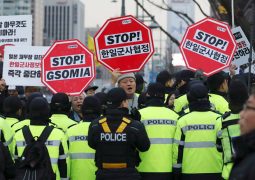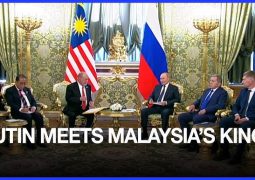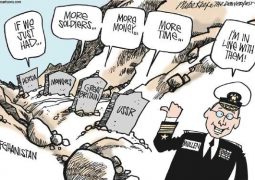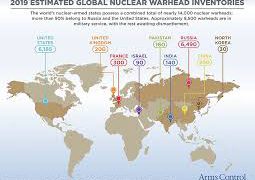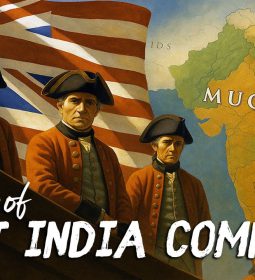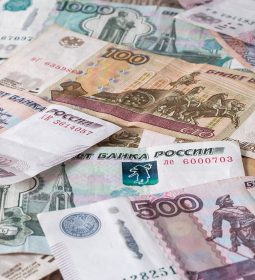Nikki Haley Arrives at U.N., Vowing to Take Names of Opposing Nations
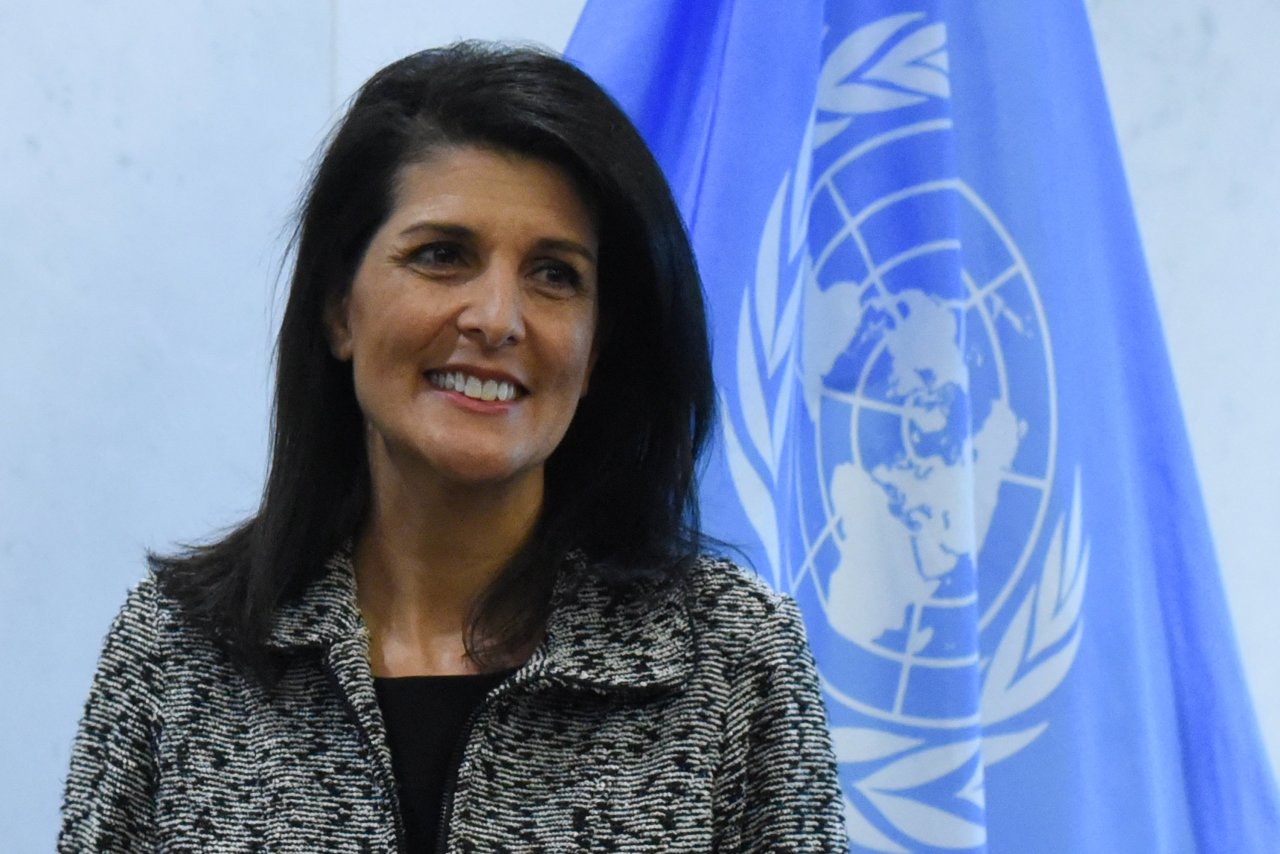
UNITED NATIONS—The new U.S. ambassador to the United Nations, Nikki Haley , arrived on Friday with a posture and message that startled many U.N. officials and diplomats and signaled a shift of policy: The U.S., she said, would collect names and respond to countries opposing American interests, and would “do away” with U.N. programs it deems obsolete.
“For those who don’t have our back, we’re taking names—we will make points to respond to that accordingly,” Ms. Haley said to reporters upon arrival.
Ms. Haley presented her credentials to U.N. Secretary General António Guterres and held her first one-on-one meeting with him for 20 minutes. Officials didn’t offer details of what Mr. Guterres and Ms. Haley discussed, but a U.N. official said that the “U.S. has always been an important partner for the U.N. for reform.”
“Everything that’s working, we’re going to make it better; everything that’s not working, we’re going to try and fix; and anything that seems to be obsolete and not necessary, we’re going to do away with,” Ms. Haley said.
Some U.N. officials and diplomats said privately they had expected Ms. Haley to strike a more diplomatic tone on her first day. She didn’t ease concerns that the U.S. might significantly cut back on funding for many U.N. programs and pursue a more unilateral agenda. In her Senate hearing earlier this month, Ms. Haley came across as a moderate voice with views on Russia, U.N. funds and international engagement that fell in line with those of U.S. allies.
But on Friday, diplomats said her “tone was tough” and that she projected views more in keeping with the new administration’s pledge to upend and overhaul all things policy, from trade deals to refugee regulations and U.N. programs.
“The U.N. is an institution that is often a difficult one to work with for the U.S. but overall it serves U.S. interest, it’s a place where American values of democracy and human rights are voiced,” said Matthew Bolton, an associate professor at Pace University familiar with U.N. matters.
Ms. Haley has plenty of leverage at her disposal. The U.S. is the largest financial contributor to the U.N., providing 22% of its operating budget and 28% of peacekeeping costs in 16 missions around the world, estimated at nearly $8 billion a year.
Diplomats widely agree that the U.N. needs reform. The organization is weighed down by bureaucracy and procedure. Mr. Guterres began his tenure on Jan. 1 with a promise to improve efficiency through structural reorganizing. Some diplomats acknowledge that a little tough talk from the U.S. could benefit the U.N. and force it to accelerate the much-needed changes.
Ms. Haley “has to strike the right balance. The right amount of pressure can improve things but too much pressure could create backlash against the U.S.,” said a senior European diplomat.
Ms. Haley’s first day coincided with the circulation of a draft executive order, prepared at the White House and reviewed by The Wall Street Journal, that calls for a 40% cut in U.S. funding of international organizations, including such programs as Unicef, which is focused on children, and U.N. peacekeeping. The Trump administration has not formally proposed the cuts and has not said whether the draft order is under serious consideration.
“The U.N. has the funding structure that it has. It is one that we operate with and that we will probably continue to operate with in the foreseeable future,” said Stéphane Dujarric, a U.N. spokesperson, adding that changes to funding would have to involve all 193 member states. A change in the U.S. posture could also affect the dynamic at the Security Council, the 15-member body responsible for maintaining peace and security in the world.
At the core of the council is the so-called P5, the five permanent members with veto power. They are Russia, China, the U.S., the U.K. and France. Within that the alliance is the P3—the U.S., the U.K. and France—that has long served as the framework under which the U.S. conducts its diplomacy here and rallies support from European nations.
Some diplomats have voiced concern over the perception that the U.S. could align itself more closely to Russia and that could severely affect the integrity of the P3 and the functionality of the council over such thorny issues as Syria’s war and the battle against the Islamic State militant group.
“Please, stay committed to world affairs, because we need America,” said French Ambassador François Delattre, in what he said was his overall message to the new U.S. administration and Ms. Haley.
Write to Farnaz Fassihi at farnaz.fassihi@wsj.com
- Previous Budget to address Singapore’s immediate and long-term economic needs: PM Lee
- Next On Globalization, China and Trump Are Closer Than They Appear



